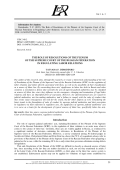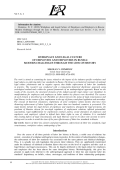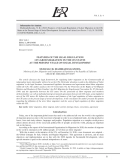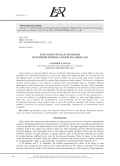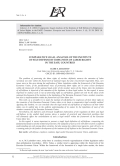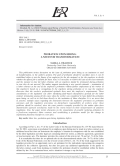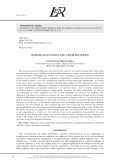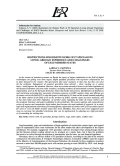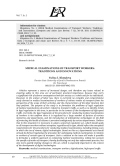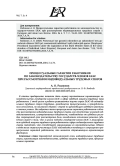Vehicles represent a source of increased danger, and therefore any issues related to ensuring safety in this area are of particular practical importance, because they carry a significant risk of adverse consequences both for society as a whole and for its individuals. However, in the science of labor law, there is currently no complete and comprehensive study devoted to medical examinations of workers of various modes of transport from the perspective of the scope of their activities and the characteristics of the labor function that they perform. The purpose of the study is to formulate the problems of legal regulation of medical examinations of workers related to transport traffic, as well as to identify trends in legal regulation in this area, in particular in the context of the development of high-speed traffic. Currently, the legal regulation of the procedure for conducting medical examinations of workers is not uniform since it is regulated by a large number of by-laws of various ministries and departments, and the introduction of telemedicine technologies in the field of protecting the health of citizens is perceived ambiguously by various departments. I believe that in this situation it is necessary to adopt a universal regulatory act, which should apply to all transport workers without exception, regardless of its type, should reflect the conceptual requirements for the procedure for conducting medical examinations, including listing cases in which the use of remote, digital technologies. Based on this act, departmental acts should already be formed regulating the procedure for undergoing medical examinations in relation to workers of certain types of transport. Such a solution to the issue will make it possible to formulate a uniform approach to conducting medical examinations, taking into account the specifics of modes of transport, thereby facilitating not only law enforcement practice, but also more quickly making changes to this act, which is especially important in the context of the development of digital technologies.
